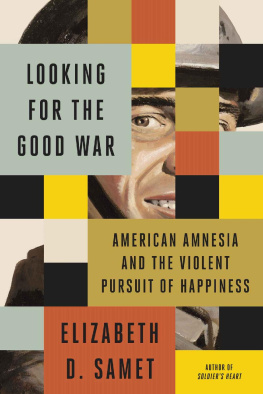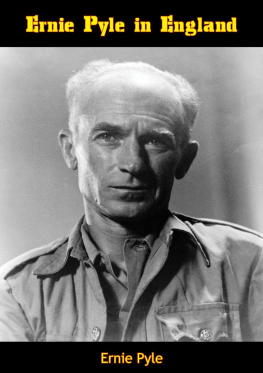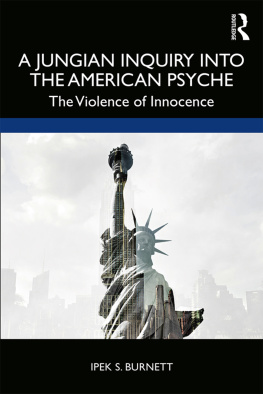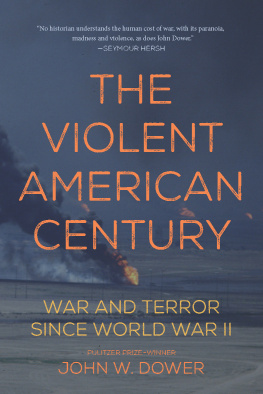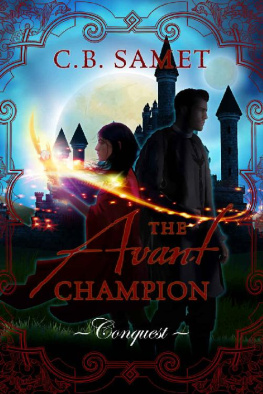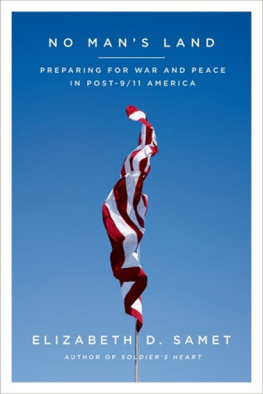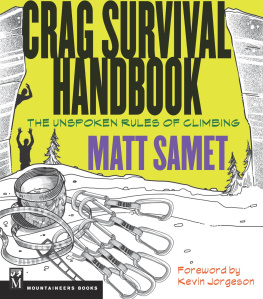Elizabeth D. Samet - Looking for the Good War: American Amnesia and the Violent Pursuit of Happiness
Here you can read online Elizabeth D. Samet - Looking for the Good War: American Amnesia and the Violent Pursuit of Happiness full text of the book (entire story) in english for free. Download pdf and epub, get meaning, cover and reviews about this ebook. year: 2021, publisher: Farrar, Straus and Giroux, genre: History. Description of the work, (preface) as well as reviews are available. Best literature library LitArk.com created for fans of good reading and offers a wide selection of genres:
Romance novel
Science fiction
Adventure
Detective
Science
History
Home and family
Prose
Art
Politics
Computer
Non-fiction
Religion
Business
Children
Humor
Choose a favorite category and find really read worthwhile books. Enjoy immersion in the world of imagination, feel the emotions of the characters or learn something new for yourself, make an fascinating discovery.
- Book:Looking for the Good War: American Amnesia and the Violent Pursuit of Happiness
- Author:
- Publisher:Farrar, Straus and Giroux
- Genre:
- Year:2021
- Rating:4 / 5
- Favourites:Add to favourites
- Your mark:
Looking for the Good War: American Amnesia and the Violent Pursuit of Happiness: summary, description and annotation
We offer to read an annotation, description, summary or preface (depends on what the author of the book "Looking for the Good War: American Amnesia and the Violent Pursuit of Happiness" wrote himself). If you haven't found the necessary information about the book — write in the comments, we will try to find it.
A remarkable book, from its title and subtitle to its last words . . . A stirring indictment of American sentimentality about war. Robert G. Kaiser, The Washington Post
In Looking for the Good War, Elizabeth D. Samet reexamines the literature, art, and culture that emerged after World War II, bringing her expertise as a professor of English at West Point to bear on the complexity of the postwar period in national life. She exposes the confusion about American identity that was expressed during and immediately after the war, and the deep national ambivalence toward war, violence, and veteransall of which were suppressed in subsequent decades by a dangerously sentimental attitude toward the United States exceptional history and destiny.
Samet finds the wars ambivalent legacy in some of its most heavily mythologized figures: the war correspondent epitomized by Ernie Pyle, the character of the erstwhile G.I. turned either cop or criminal in the pulp fiction and feature films of the late 1940s, the disaffected Civil War veteran who looms so large on the screen in the Cold War Western, and the resurgent military hero of the post-Vietnam period. Taken together, these figures reveal key elements of postwar attitudes toward violence, liberty, and nationattitudes that have shaped domestic and foreign policy and that respond in various ways to various assumptions about national identity and purpose established or affirmed by World War II.
As the United States reassesses its roles in Afghanistan and the Middle East, the time has come to rethink our national mythology: the way that World War II shaped our sense of national destiny, our beliefs about the use of American military force throughout the world, and our inability to accept the realities of the twenty-first centurys decades of devastating conflict.
Elizabeth D. Samet: author's other books
Who wrote Looking for the Good War: American Amnesia and the Violent Pursuit of Happiness? Find out the surname, the name of the author of the book and a list of all author's works by series.

